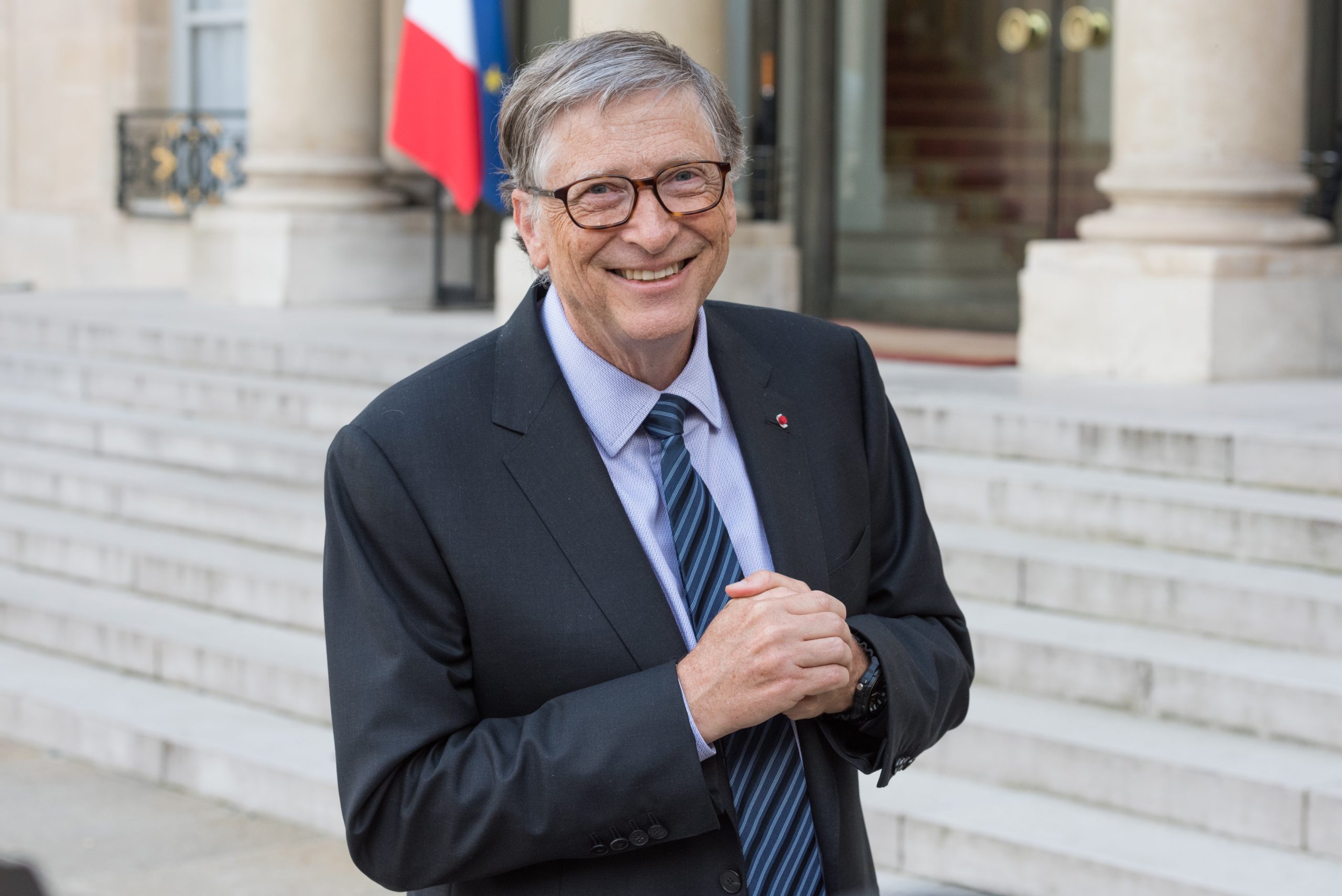Bill Gates Shrugs Off Real Threat of AI

Microsoft co-founder Bill Gates expressed his concerns over the rapid development of artificial intelligence. Even so, he dismissed out of hand calls for pausing the advancements and claimed the new capabilities are “pretty fundamental.”
There are literally billions of reasons for Gates to take this position.
Microsoft jumped out into the lead in November when its OpenAI launched the popular chatbot ChatGPT. The app was downloaded at a faster rate than any in history, hitting 100 million users in only two months.
In defense of his “full speed ahead” approach, Gates acknowledged “we’re all scared a bad guy could grab it. If you just pause the good guys, and you don’t pause everyone else, you’re probably hurting yourself.”
It is obvious that Gates considers himself one of the “good guys.” That is hardly a universal opinion given his full endorsement of authoritarian vaccination schemes during the COVID-19 pandemic.
His opinion on AI progression is also not universal. In April, tech billionaire Elon Musk and thousands of others signed an open letter requesting a six-month pause on AI advancements stronger than OpenAI’s GPT-4.
Signatories included some of the leading minds in AI technology. Gates was not among them.
The Microsoft billionaire did express some reservations about the accelerated advance of AI and how it could be misused. He noted that governments, as usual, are well behind the curve when it comes to comprehension of the new revolution.
He also suggested that regulators who would be in charge of making decisions about the progression of AI are not prepared to assume that role. Like governments, they are not on the cutting edge of understanding the implications of these advances.
Despite potential drawbacks, which some believe may be catastrophic, Gates believed the technology will continue to be a revelation even to its developers.
As he noted, “we are often surprised how good it is.” That sometimes is followed by further surprise at its limitations. “It’s early days, but revolutionary.”
Gates ultimately expressed his belief that the potential good outweighs the drawbacks for AI. “The field, more than any field I know, is actually putting in a lot of smart people into, OK, what comes next and how do we make sure that’s beneficial.”
























